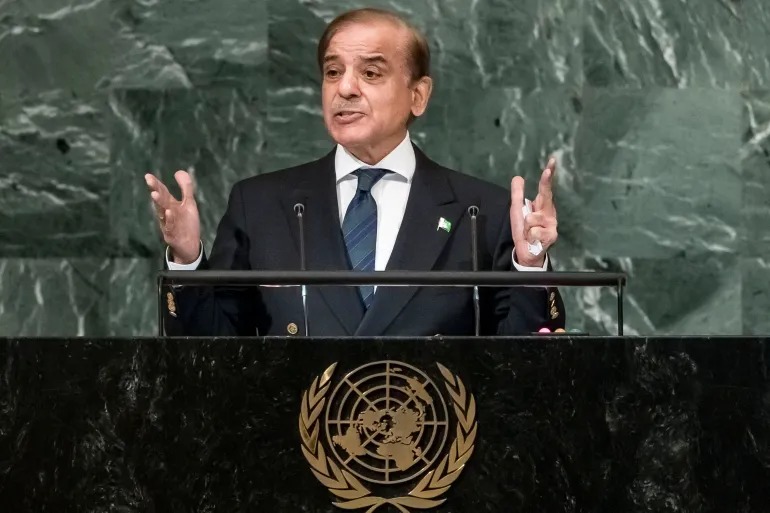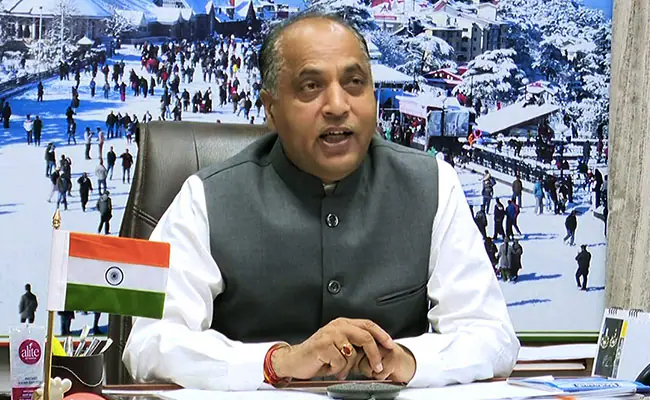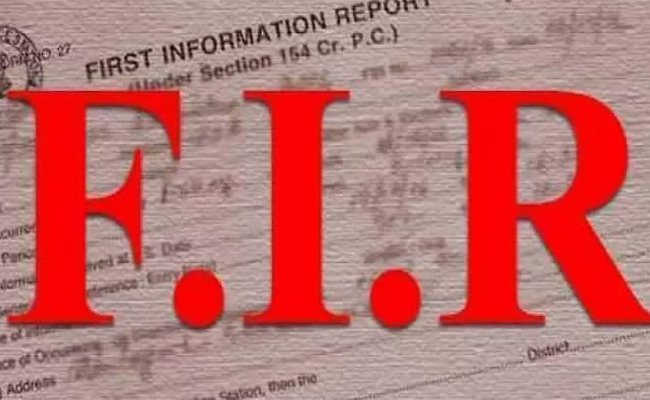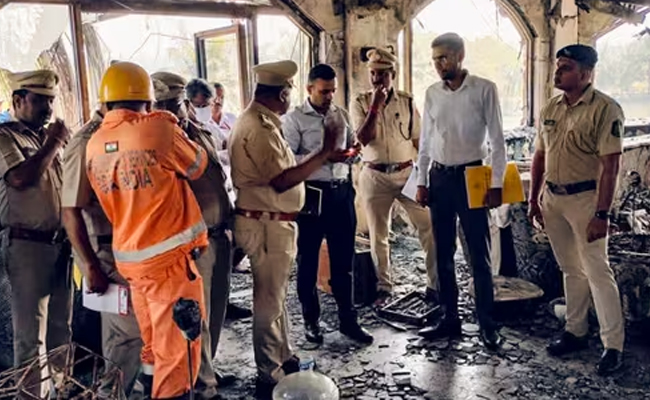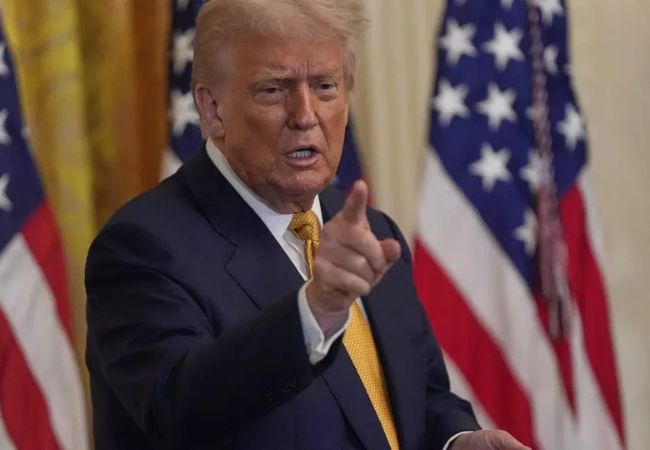Islamabad(PTI): Shehbaz Sharif on Sunday became the prime minister of Pakistan for a second time to lead a coalition government after he comfortably won a majority in the newly-elected Parliament amidst sloganeering by the Opposition.
Shehbaz, 72, who was the consensus candidate of the Pakistan Muslim League-Nawaz (PML-N) and the Pakistan Peoples Party (PPP), received 201 votes, 32 more than what was required to become leader of the House in the 336-member Parliament.
Shehbaz's challenger Omar Ayub Khan of jailed former prime minister Imran Khan's Pakistan Tehreek-e-Insaf (PTI) secured 92 votes.
National Assembly Speaker Sardar Ayaz Sadiq announced the results appointing Shehbaz as the 24th prime minister of Pakistan.
Shehbaz will be administered the oath of office on Monday at the Presidential mansion, Aiwan-e-Sadr.
The session of the new parliament convened amid ruckus and sloganeering by PTI-backed lawmakers.
The PTI-backed lawmakers shouted slogans of Azaadi (freedom)' and Qaidi #804', a reference to incarcerated Imran Khan. Some of the PTI-backed lawmakers also held posters of Imran Khan. In response to the pro-Imran slogans, PML-N lawmakers shouted long live Nawaz' and waved wristwatches at the opposition benches referring to the Toshakhana corruption case against Khan.
The PML-N party supremo Nawaz Sharif was the first person who voted for Shehbaz in the race for the election of the prime minister.
Before the vote, the PTI said the graceful thing that PML-N supremo Nawaz Sharif could have done was to accept defeat.
"..but he chose to live his life in shame. Every day will be worse than the previous one for these Coalition Of Losers, especially Nawaz Sharif & Maryam!" the party said in a post on X.
Shehbaz earlier served as prime minister of a coalition government from April 2022 to August 2023 before Parliament was dissolved to hold general elections.
In the February 8 polls, the Sharifs-led party failed to garner a clear majority, albeit technically, it is the largest party with 75 out of the 265 contested seats.
Besides the PPP, Shehbaz was backed by the Muttahida Qaumi Movement (MQM-P), Pakistan Muslim League (Q), Balochistan Awami Party, Pakistan Muslim League (Z), Istehkam-e-Pakistan Party and the National Party.
Let the Truth be known. If you read VB and like VB, please be a VB Supporter and Help us deliver the Truth to one and all.
Shimla (PTI): Leader of Opposition Jai Ram Thakur on Tuesday said the state government should take concrete steps to prevent overcrowding at hospitals, enhance security arrangements, reduce excessive workload and curb administrative negligence, which he held responsible for the assault of a patient by a doctor at a prominent hospital here.
In a statement issued here, Thakur said that this incident is a serious warning to the health department and the state government.
His statement came a day after a junior resident doctor allegedly assaulted a patient, throwing multiple punches, following an argument at the Indira Gandhi Medical College (IGMC), sparking a protest with the victim's relatives demanding that the doctor be handed over to them.
A video of the shocking incident also surfaced on social media.
The leader of the opposition said the government should take concrete steps instead of making statements.
Expressing concern over the deteriorating condition of the healthcare sector in Himachal Pradesh, Thakur said today, the people are suffering due to this collapse in the sector.
"The state government should prioritise healthcare services and should immediately fill vacant posts in the sector. They should also strengthen security arrangements in hospitals and ensure uninterrupted supply of medicines and medical equipment in hospitals,” he added.
He further said that the state government should work honestly to ensure that the benefits of central schemes are provided to every person in Himachal Pradesh.
"Schemes such as Himcare and Ayushman Bharat should be ensured for the people, as they are very beneficial for poor and needy families as well as for the middle-class people. However, due to negligence and mismanagement of the government in implementing them, people are unable to avail the benefits,” Thakur said.
He also alleged that, despite the budget being allocated by the Centre for these schemes, patients are unable to avail the basic facilities.
The situation is such that even many essential medicines are not available for patients, he added.

